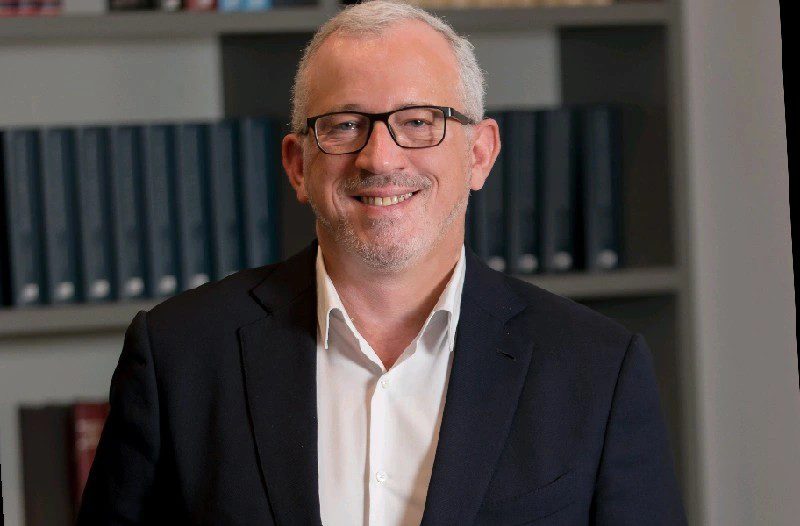As a leader, building a high-performing team is no easy task. Finding colleagues that perform well while working in synergy with others might take a long time to achieve.
That is why during the recruitment process, it is important to assess qualities that would subsequently yield great results for the team and the company.
Sharing the same sentiment, HR specialist Calvin Cassar noted three things that build a high-performing team.

He expressed his belief that a recruiter should be looking at two qualities: The ability to ask the right questions and the ability to synthesise information.
In terms of asking questions, Mr Cassar noted that answers are more than ever easy to come by, especially when taking into consideration generative AI, the web, forums and other tools. “It is incredibly easy to fill in gaps of raw knowledge,” he added.
Furthermore, he stated that companies should stop checking out for specifics, such as if a person has experience working on AWS as opposed to Azure.
“A competent person who is asking the right questions will bridge the gap in no time,” he wrote.
In addition, he continued by saying that while information is plentiful, being able to discern meaning is key.
“This is what will help contribute to decision making and sound business decisions,” Mr Cassar noted.
He continued that companies should test the skill of synthesising information by checking whether the interviewee is able to answer the question being put forward to them in a concise and clear way.
“Aside from skills, in my view, you should also be hiring for attitude,” he added.
Five steps towards high performance:
While the persons or the projects on your team might change over time, having key qualities should be constant.
Here are five additional steps towards building a high-performance team:
1 ) Defining roles within a diverse team
A shared goal simplifies the process of identifying the skills and roles needed within the team.
Moreover, a diverse team with a range of skill sets fosters greater synergy and helps pinpoint the most suitable person for each task. Assigning work to the right individual enhances efficiency and leads to better results.
2 ) Setting clear expectations
Now that roles have been assigned, every team member should have a clear understanding of their responsibilities and what is expected of them.
This clarity will, in turn, foster essential skills like time management and effective communication.
3 ) Room for risk and experiments
While risks are often linked to negative outcomes, taking the time to embrace risks and experiment can be a valuable learning experience for the team.
This involves testing new ideas, exploring innovative work techniques, and seizing new opportunities to optimise workflow.
4 ) Recognising effort and work
Recognition and rewards come in many forms, but a simple ‘thank you’ after a long, hard day or week is a powerful gesture that shows team members their contributions are truly valued.
5 ) Put an end to micromanagement
Trust goes a long way. When the team is allowed to work without feeling pressured or tense, employees feel more comfortable and gain confidence in knowing they are trusted in their roles.
‘A deeply humbling experience’ – Halmann Vella Group CEO celebrates firm’s 70th anniversary
‘As a family business, each milestone represents the hard work and dedication of so many, past and present,’ said Group ...
‘Malta is a perfect destination to test new technology solutions’ – eCabs CEO
Matthew Bezzina spoke at the recent Global Innovation Forum.
‘Malta should focus on transforming and enhancing existing sectors to increase SME competitiveness’ – Abigail Mamo
'The renewable energy sector, for example, has made significant strides but requires further product diversification and research.'
Exploring AI’s potential: Can it truly benefit small businesses?
While major corporations possess the resources to leverage advanced AI solutions, smaller businesses often encounter a distinct set of limitations.









